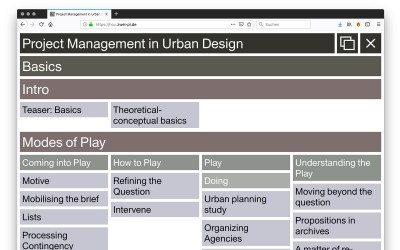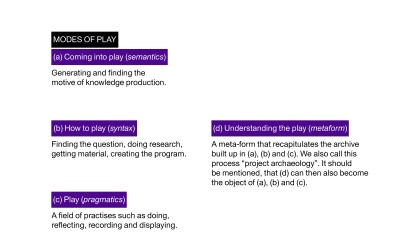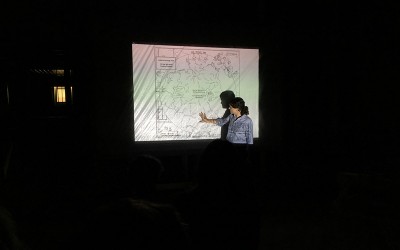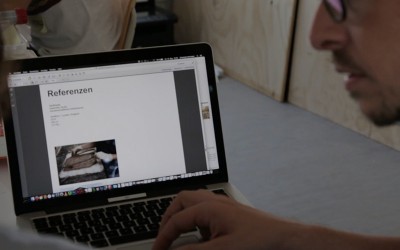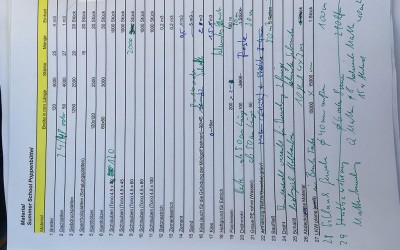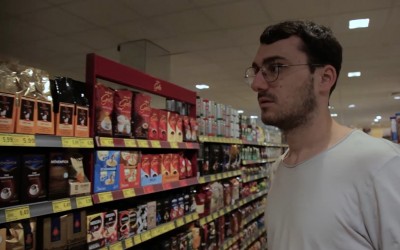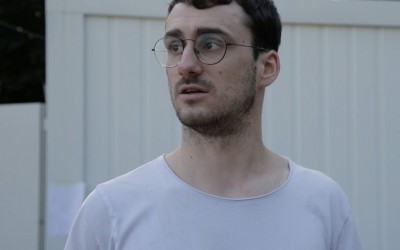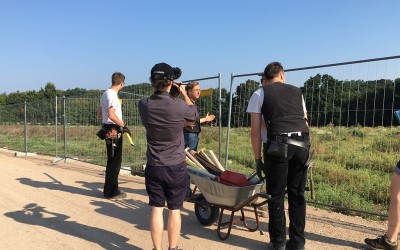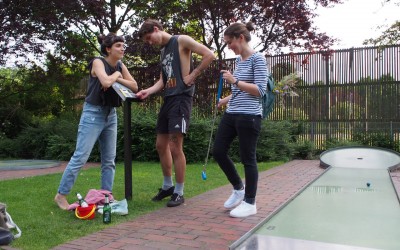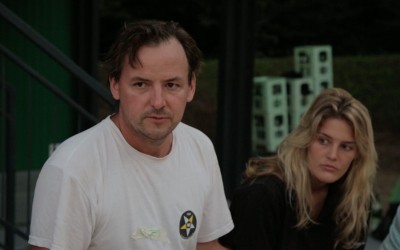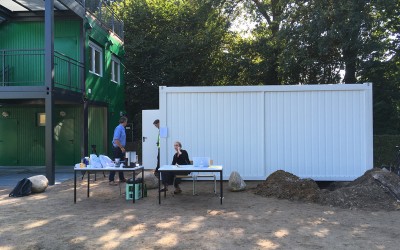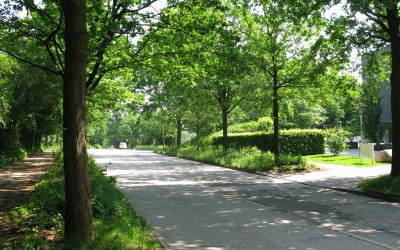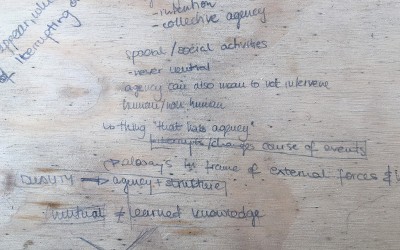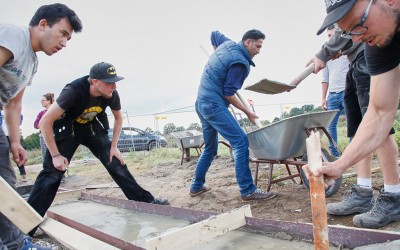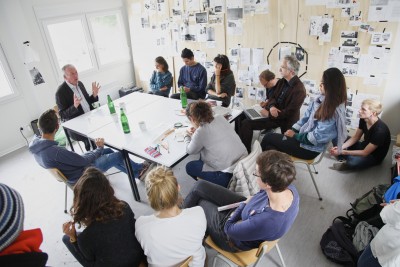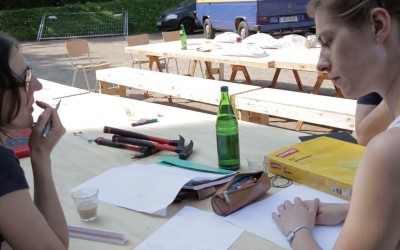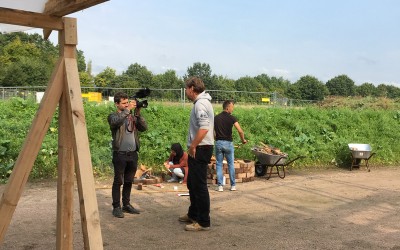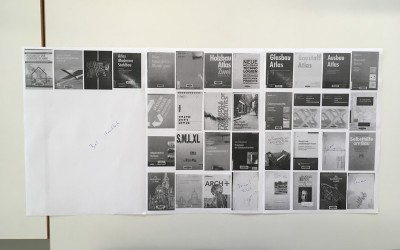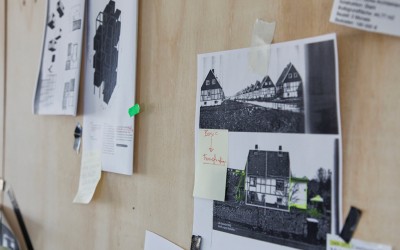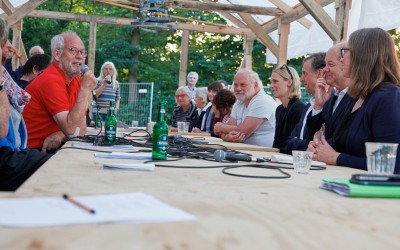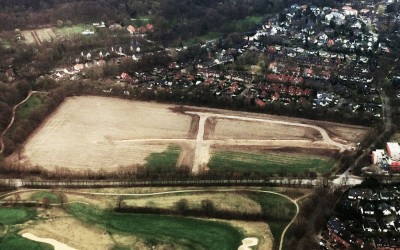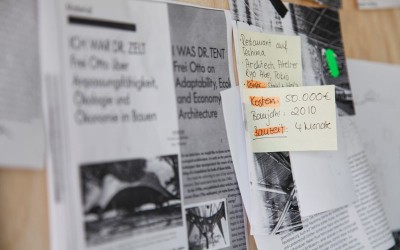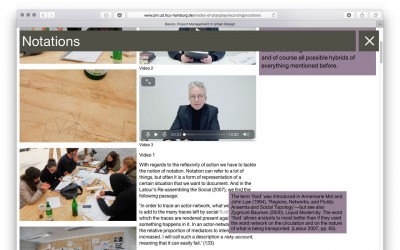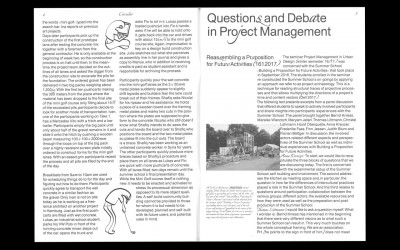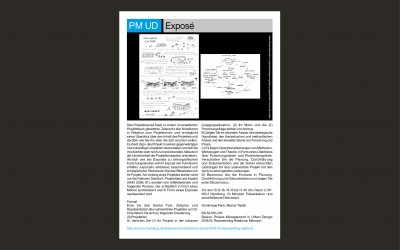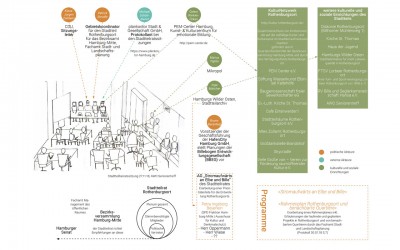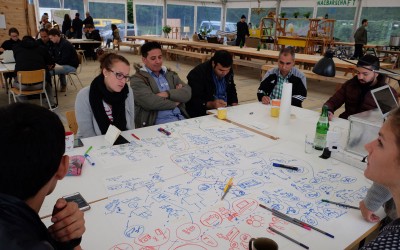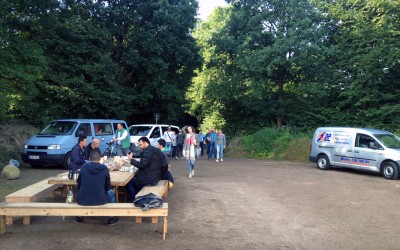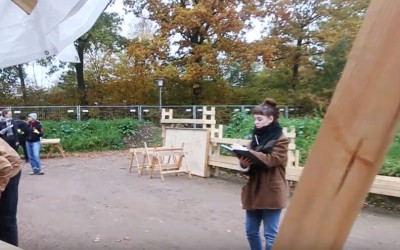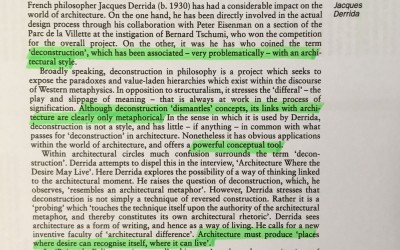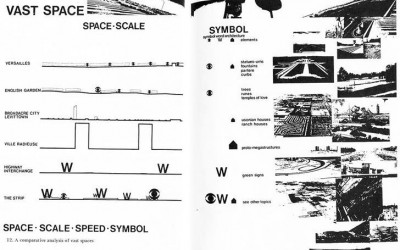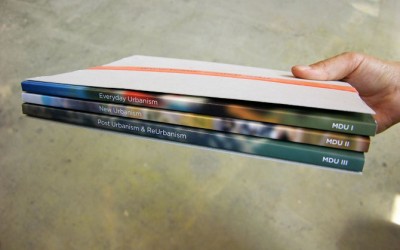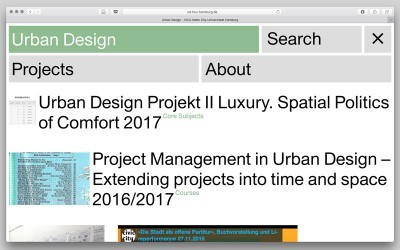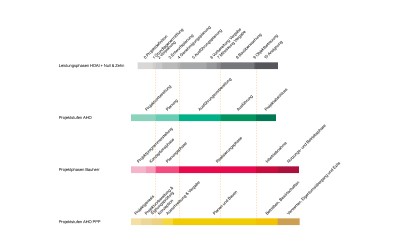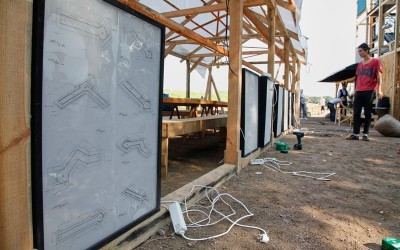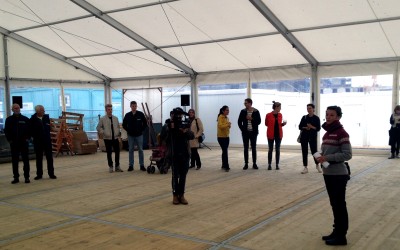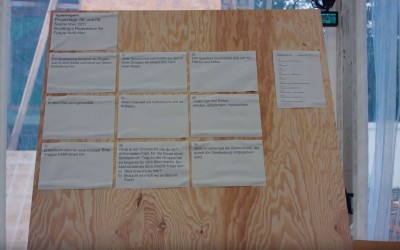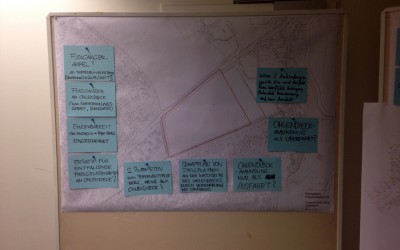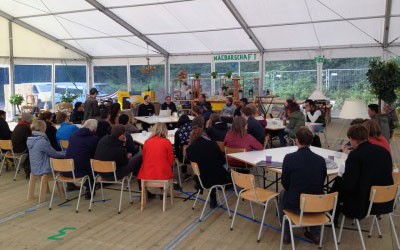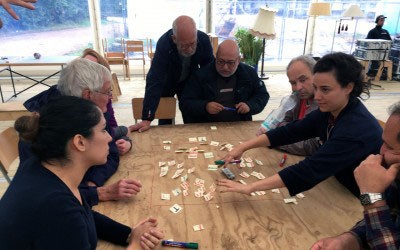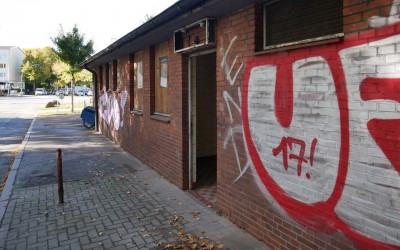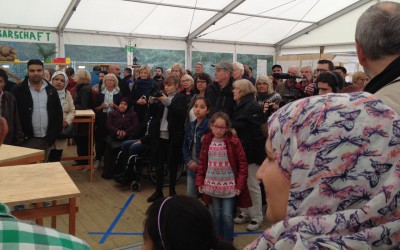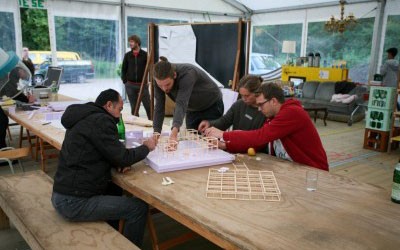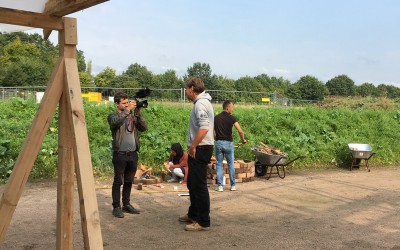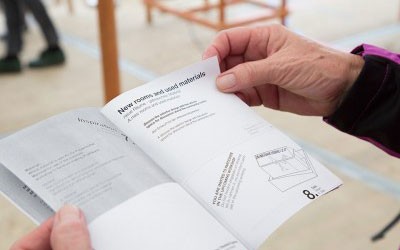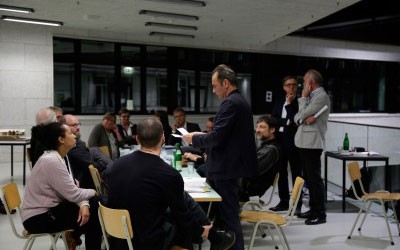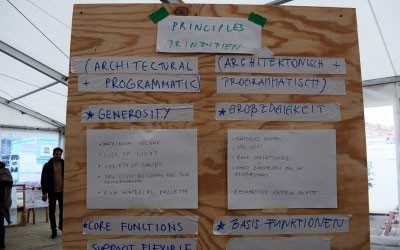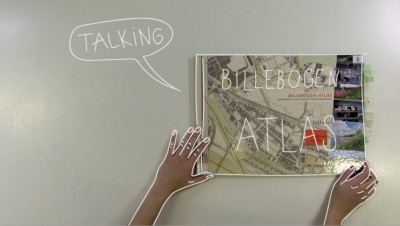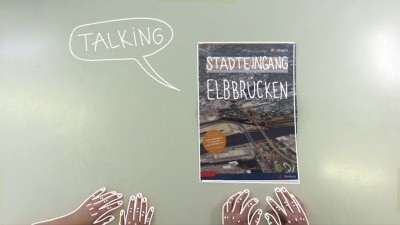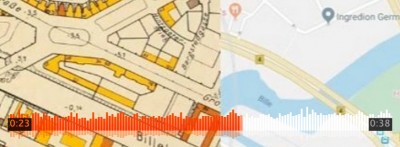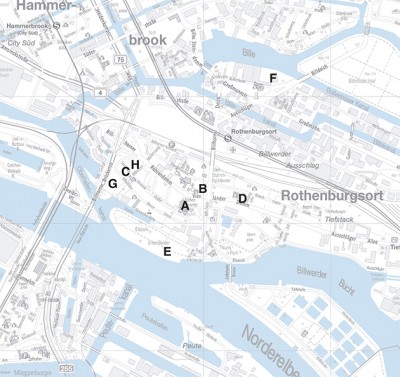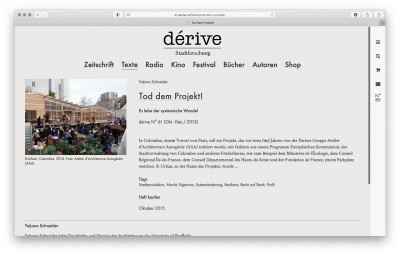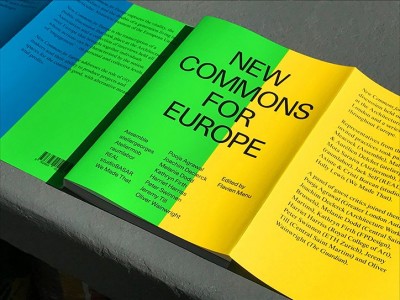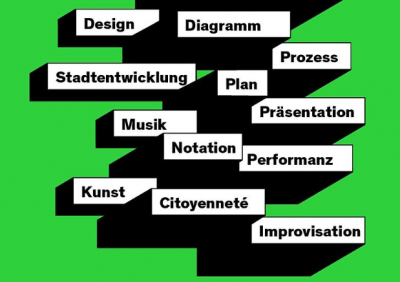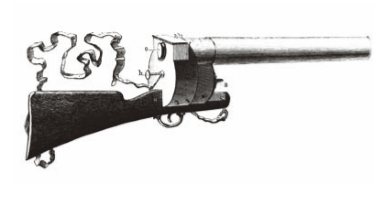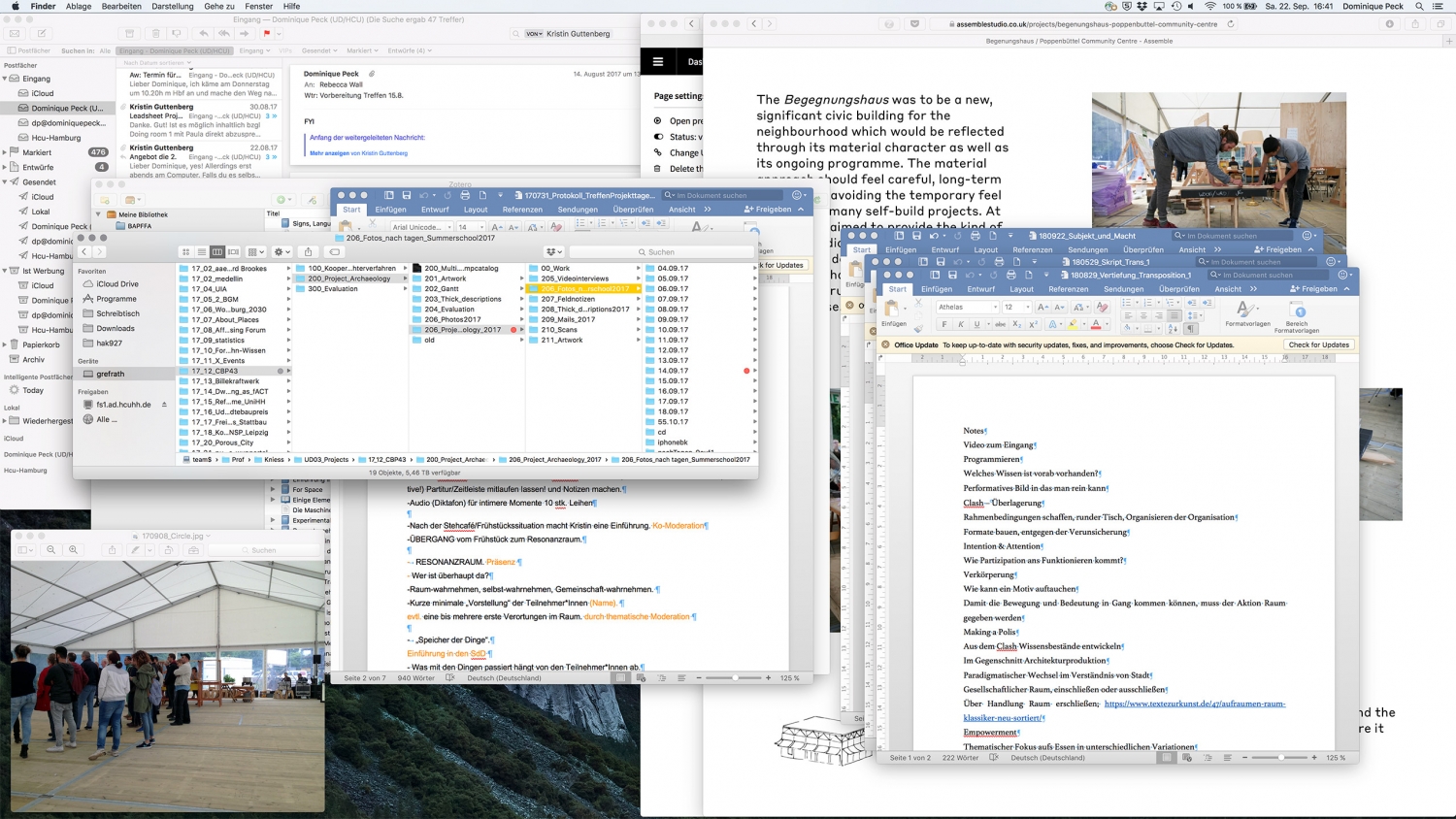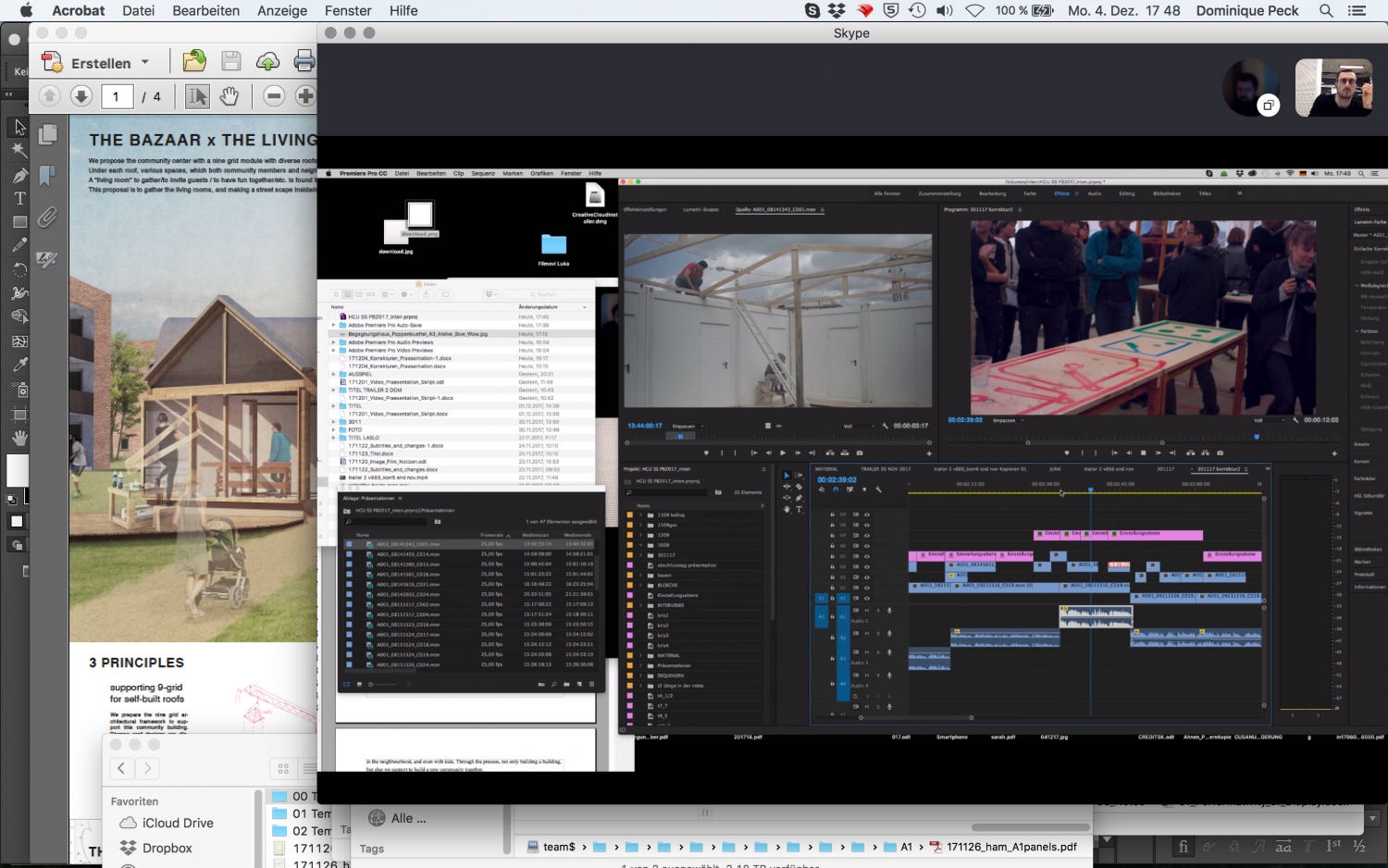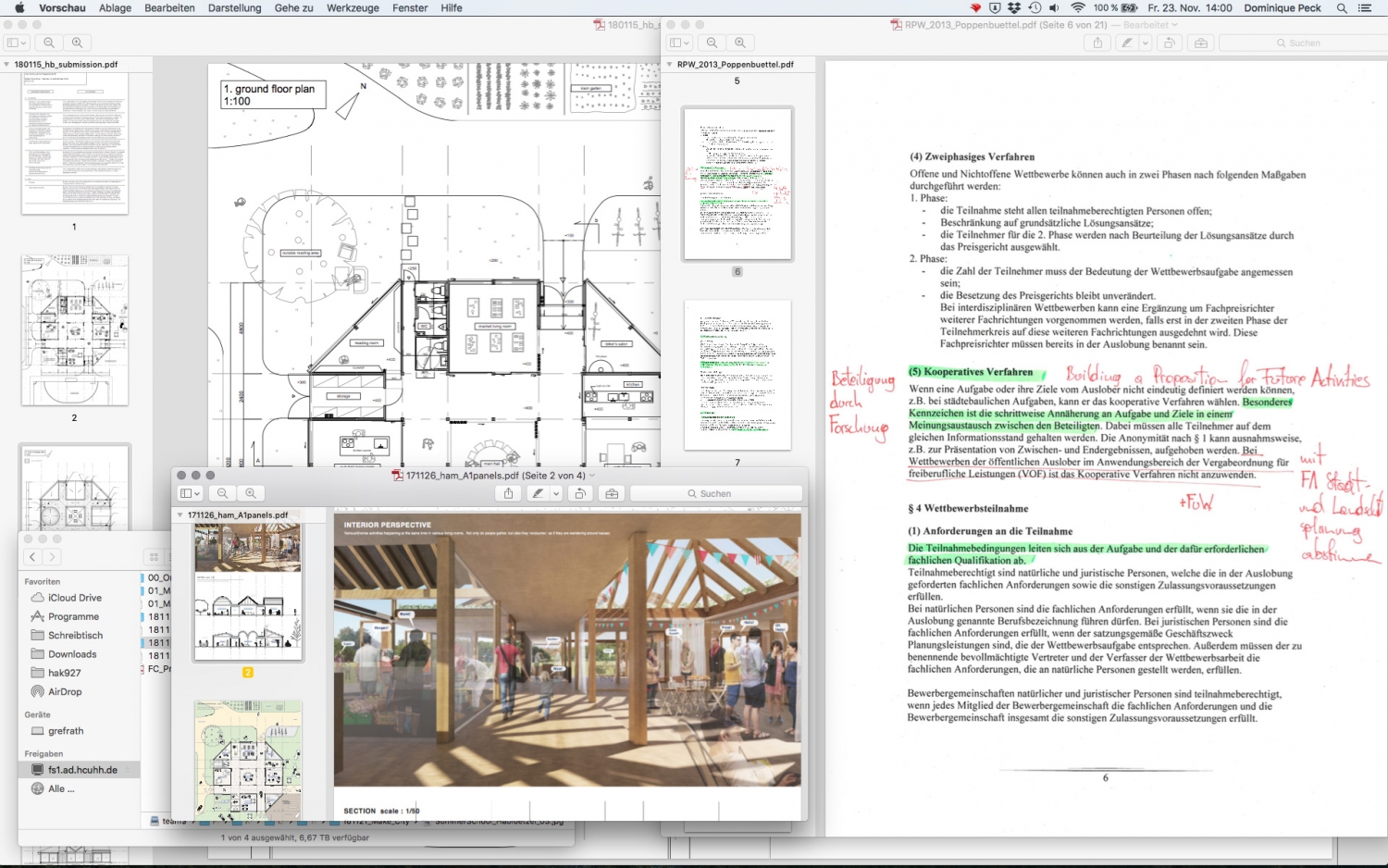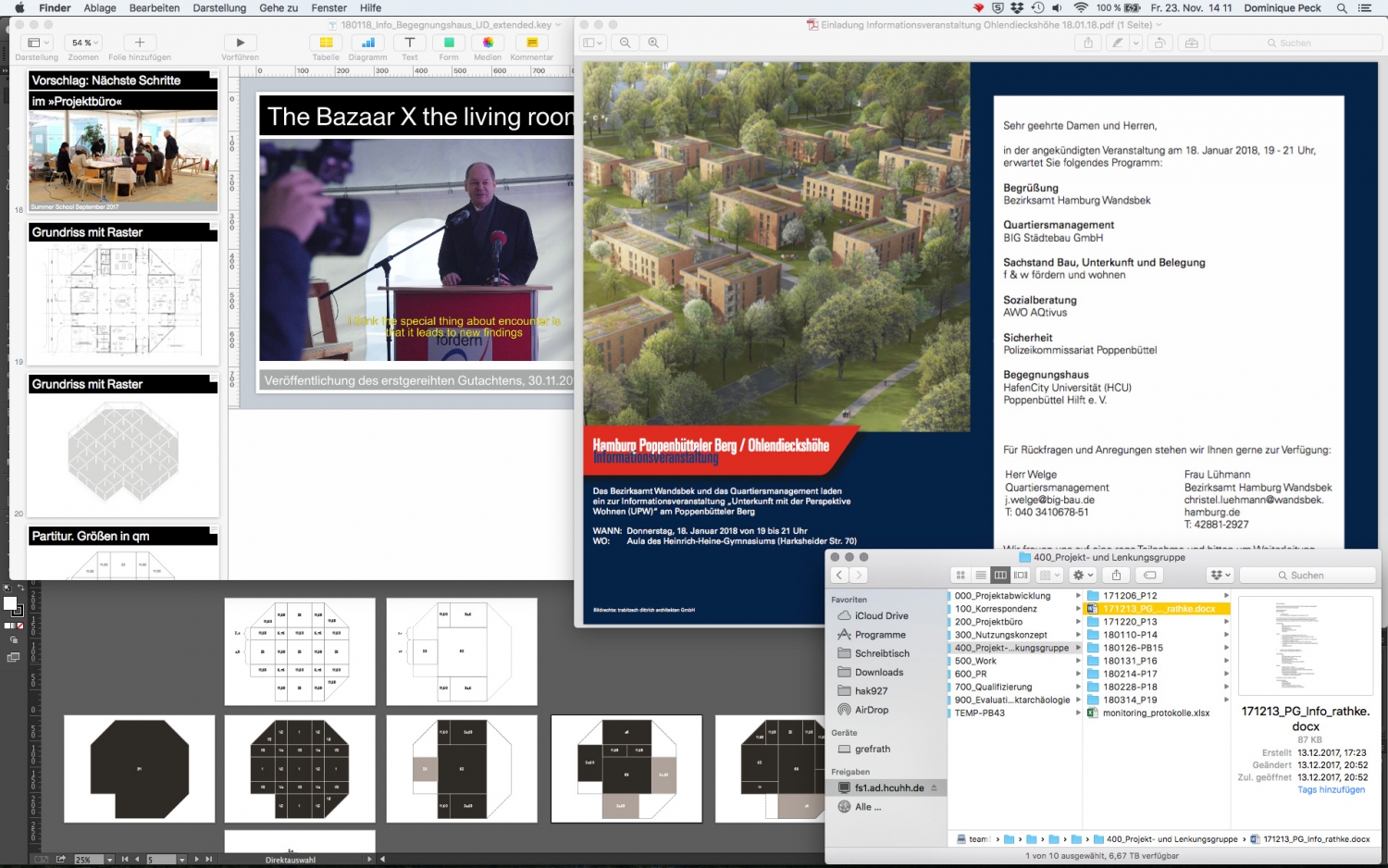This part of the E-Learning arrangement Project Management in Urban Design is presented with respect to already made considerations on gaining knowledge and extracting parts of what individuals interact with outside of themselves. Knowledge can be understood as an abstracted access to the world – or reality, or the system we never not participate in. Knowledge is access to world, when withdrawn. It sounds as abstract as it is, but it is important to understand this. Consider the following situation: A group of participants prepares to build a community building. Before taking action, each and every individual will tend to think to know something completely different when saying “Community Building.” Apart from the fact that this is a multiple source of what could be meant and hence could be built and therefore be the product - the fact that the elements of knowledge differ immensely, puts some light to the idea, that what is in question, is a question of how an the same world is an uncountably often copied version of itself, thanks to being framed by different individuals.
“Soziale Rahmen liefern einen Verständnishintergrund für Ereignisse, an denen Wille, Ziel und steuerndes Eingreifen einer Intelligenz, eines Lebewesens, in erster Linie des Menschen beteiligt sind” (Althoff 2013, 101).
One incident can be named, shamed and blamed by different individuals due to having precedently and individually framed the incident. Framing is a way of organizing experience. As individual experience is essential in processes of interplay, actions of framing are of great importance. Erving Goffman (1993/1980) puts it like this:
“Zusammengenommen bilden die primären Rahmen einer sozialen Gruppe einen Hauptbestandteil von deren Kultur, vor allem insofern als sich ein Verstehen bezüglich wichtiger Klassen von Schemata entwickelt, bezüglich deren Verhältnissen zueinander und bezüglich der Gesamtheit der Kräfte und Wesen, (…), die nach diesen Deutungsmustern in der Welt vorhanden sind" (37).
It becomes clear, that social, cultural, scientific and other framings make things what they are (or what they are not being received as), and that an interaction that is more than interplay – for instance an intervention – is as much an intervention as it differs from the social framings it occurs in.
